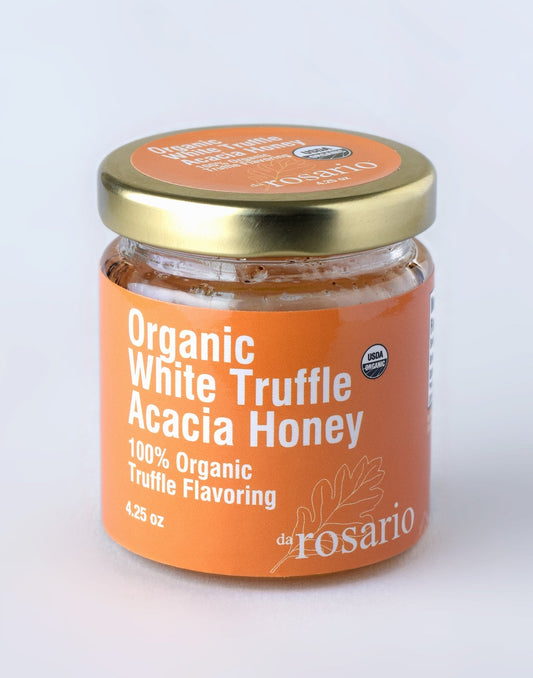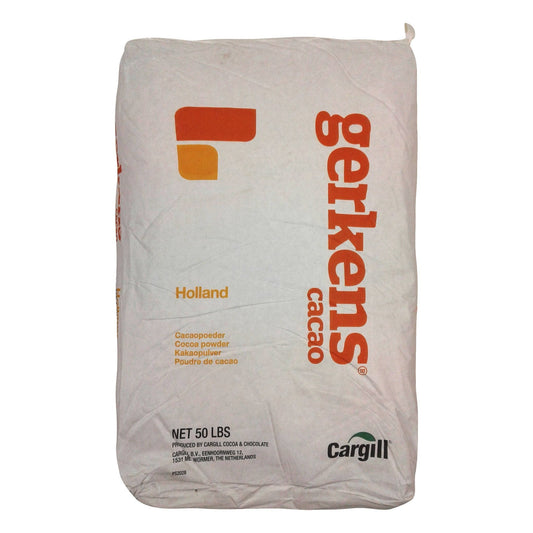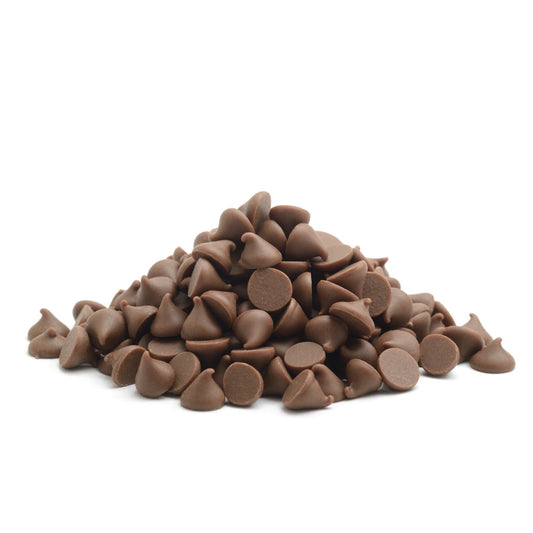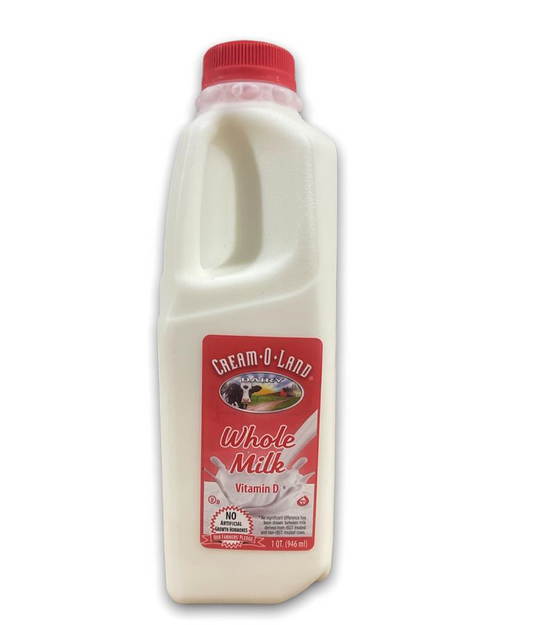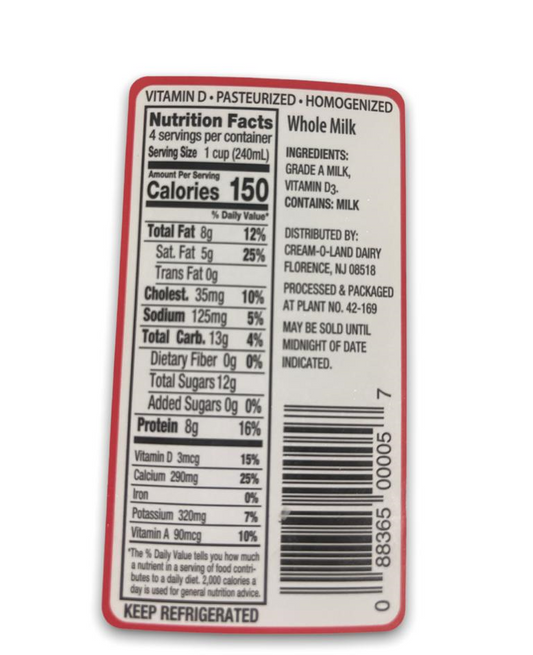-
Vendor:No Brand
Heavy Cream Ultra Pasteurized 12 - 32 oz. 40%
Regular price $77.23Regular priceUnit price per -
Vendor:Bakers Authority
Whole Milk - 24 - 32 oz LOCAL DELIVERY ONLY
Regular price $61.81Regular priceUnit price per
Showing 25-26 of 26
Frequently Asked Questions
-
Why is milk an important ingredient in baking?
- Milk enhances the texture, flavor, and color of baked goods. Its proteins help with the structure and browning, fats contribute to moistness, and sugars provide sweetness and browning.
-
Is there a difference between using whole milk and skim milk in baking?
- Yes. Whole milk contains more fat, which can lead to richer baked goods. Skim milk has less fat and can sometimes result in a drier texture. It's important to follow the recipe or adjust as necessary when substituting.
-
Can I replace milk with water in my baking recipes?
- While water can be used as a substitute in some recipes, milk's unique properties (proteins, fats, sugars) can impact the flavor, texture, and appearance of baked goods. When substituting, it's essential to be aware of the potential changes to the final product.
-
How does milk affect the color of baked products?
- The proteins and sugars in milk can aid in the Maillard reaction, leading to better browning and a golden crust in baked products like breads and pastries.
-
What’s the difference between using fresh milk and powdered milk in baking?
- Powdered milk, or dry milk, is simply fresh milk with the moisture removed. It can offer a longer shelf life and is sometimes preferred for its consistency in recipes. When reconstituted, it can work as a direct replacement for fresh milk, though there may be slight differences in flavor and texture.
-
How should milk be stored to ensure its freshness for baking?
- Milk should always be refrigerated and stored at temperatures below 40°F (4°C). It's also essential to use milk before its expiration date and to keep it sealed to prevent the absorption of strong odors from other foods.
-
Do different baking processes require specific types of milk?
- Some baking processes may call for specific milk types, like scalded milk, buttermilk, or condensed milk, to achieve desired flavors and textures. It's important to use the type of milk specified in the recipe for the best results.

